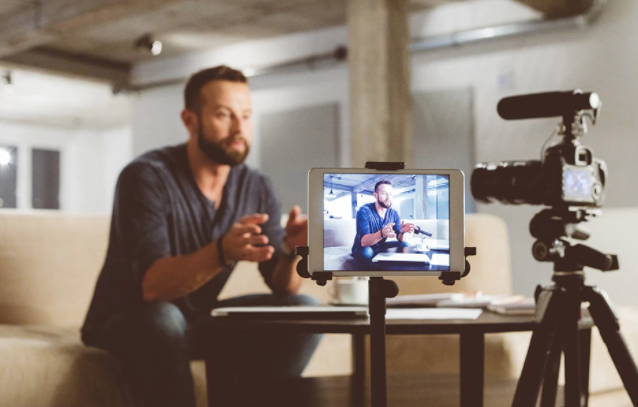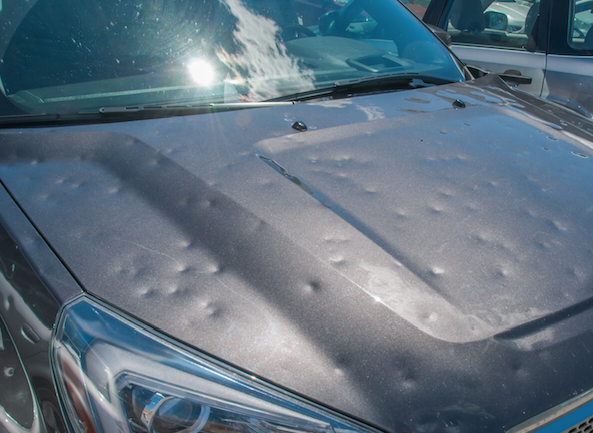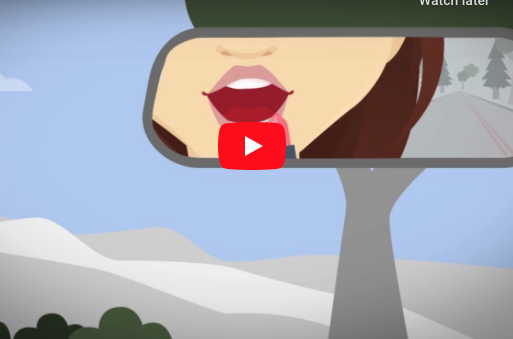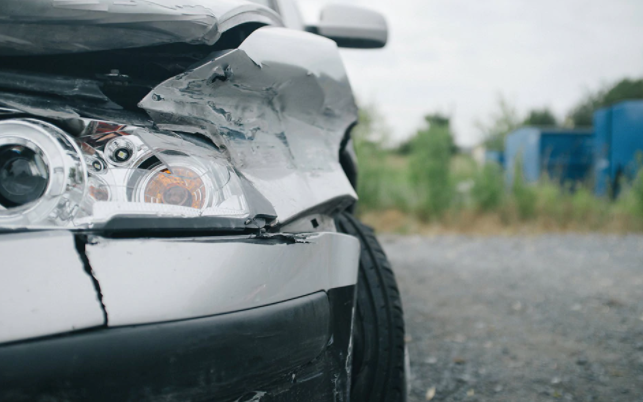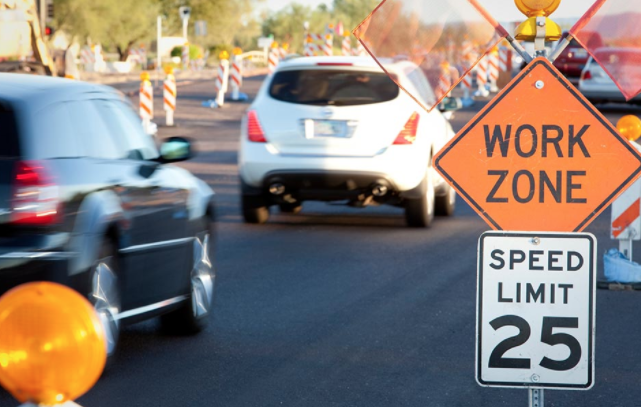Distracted Driving: It’s Not Just Your Cellphone
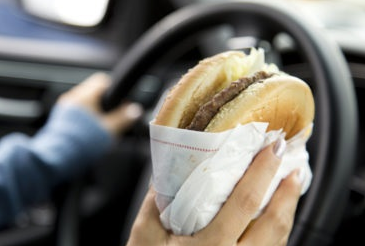
Distracted driving has been a matter of concern ever since the first cars rolled off the assembly line. In the early 1900s, when windshield wipers were first introduced on American cars, some worried that they would lull drivers into a daze. In the 1930s, state legislators unsuccessfully attempted to restrict the installation of car radios on the grounds that they could distract drivers and lead to crashes.
Today, with text messages, social media notifications, and talking GPS apps, it’s no surprise that mobile devices have become synonymous with distracted driving. But cell phones are only one of the many contributors to distracted driving. In fact, a study by the Insurance Institute for Highway Safety (IIHS) and Virginia Tech Transportation Institute (VTTI) found that talking on a cell phone is only the second most time-consuming distraction for drivers.
The study examined how using a cellphone while driving affected near-crash and crash risk, as well as what other distracting behaviors drivers engage in. The researchers found that although drivers spend around 7 percent of their time behind the wheel talking on a cellphone, the most time-consuming distraction for drivers was interacting with a passenger, which took up 12 percent of drivers’ time behind the wheel.
Here are the nine most common distractions for drivers as reported by the IIHS:
What Can You Do to Prevent Distracted Driving?
Some of these distractions can be difficult to avoid. After all, it’s not like someone is going to go on a four-hour road trip and not talk to their passengers because they could be a distraction. Instead, in situations such as this, it’s helpful to find ways to mitigate the impact of distractions.
- Eat first. One of the safest (and most affordable) ways to keep yourself from becoming a distracted driver is to manage non-driving tasks before you get on the road. Eating, drinking, programming your GPS, or assisting passengers can all be made safer if you perform these activities while parked.
- Let passengers help. Passengers can be distracting, which is one of the reasons why most states have passed graduated driver licensing laws that restrict teens from having passengers in the car during their first year of driving. However, letting your passengers help with tasks that could distract you —like answering the phone or adjusting the radio —can help you remain more focused on driving.
- Avoid conflict. When driving, it’s helpful to avoid emotionally charged conversations with your passenger so you can keep your attention on the road. Read Full Article


